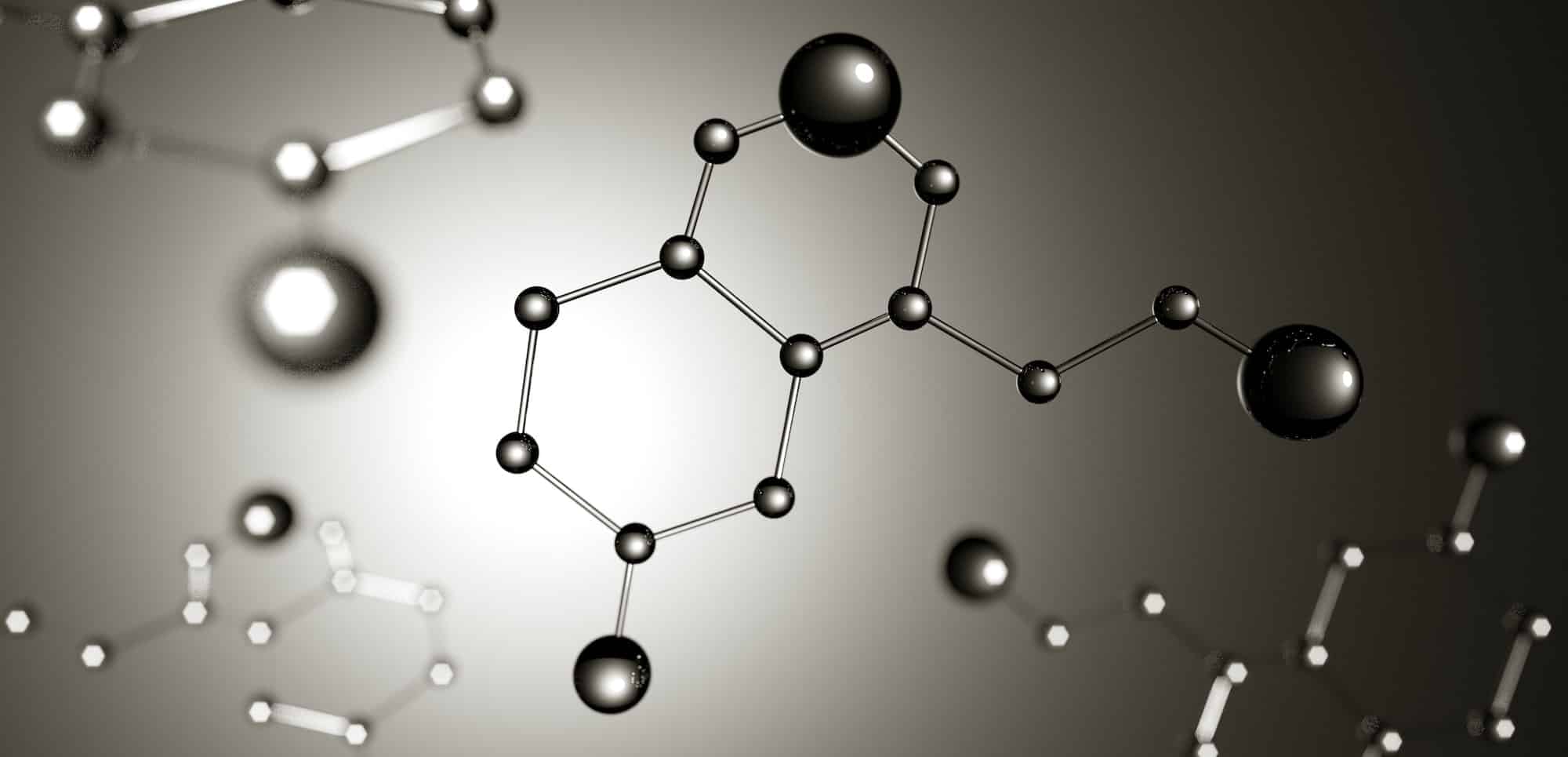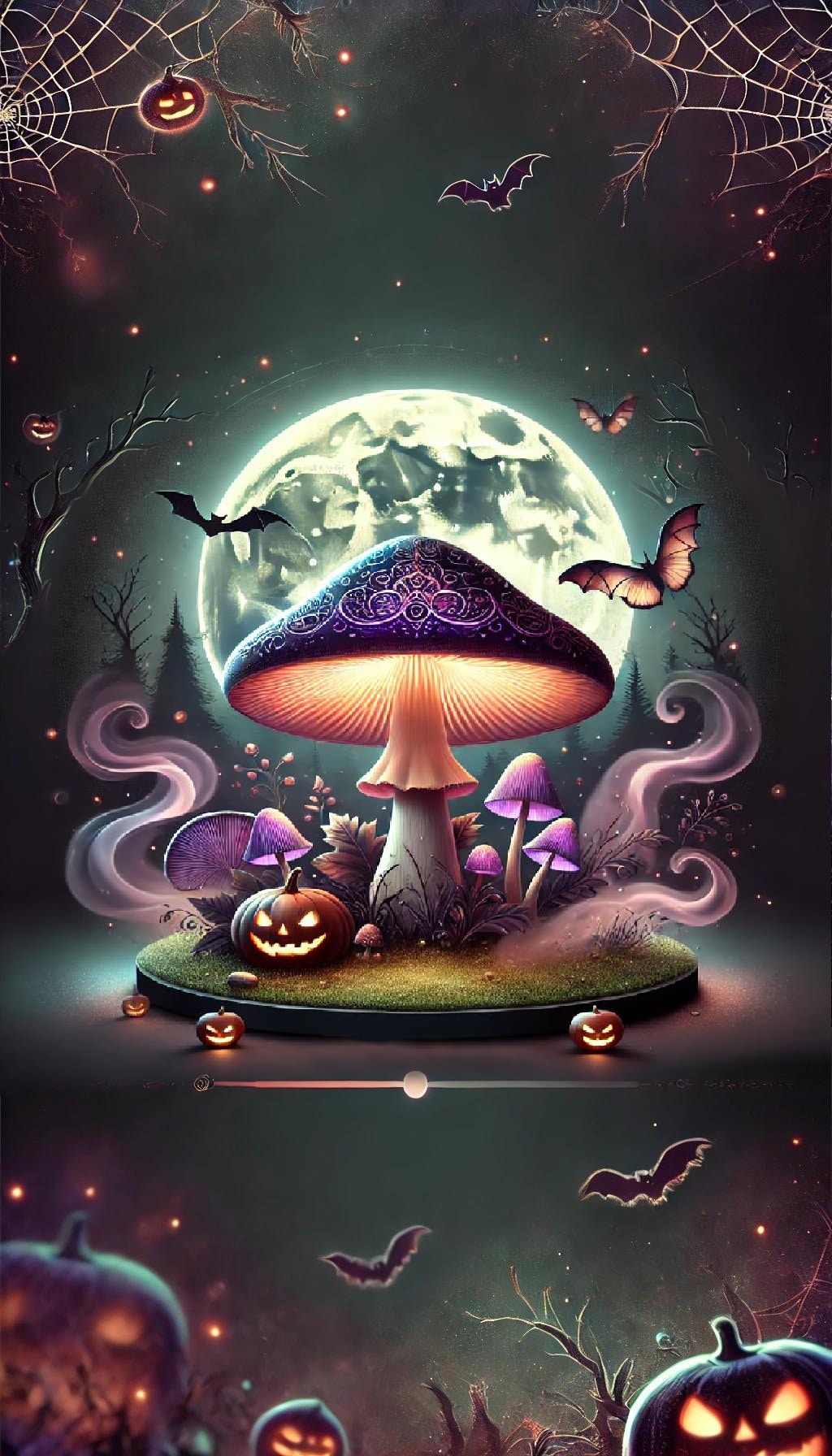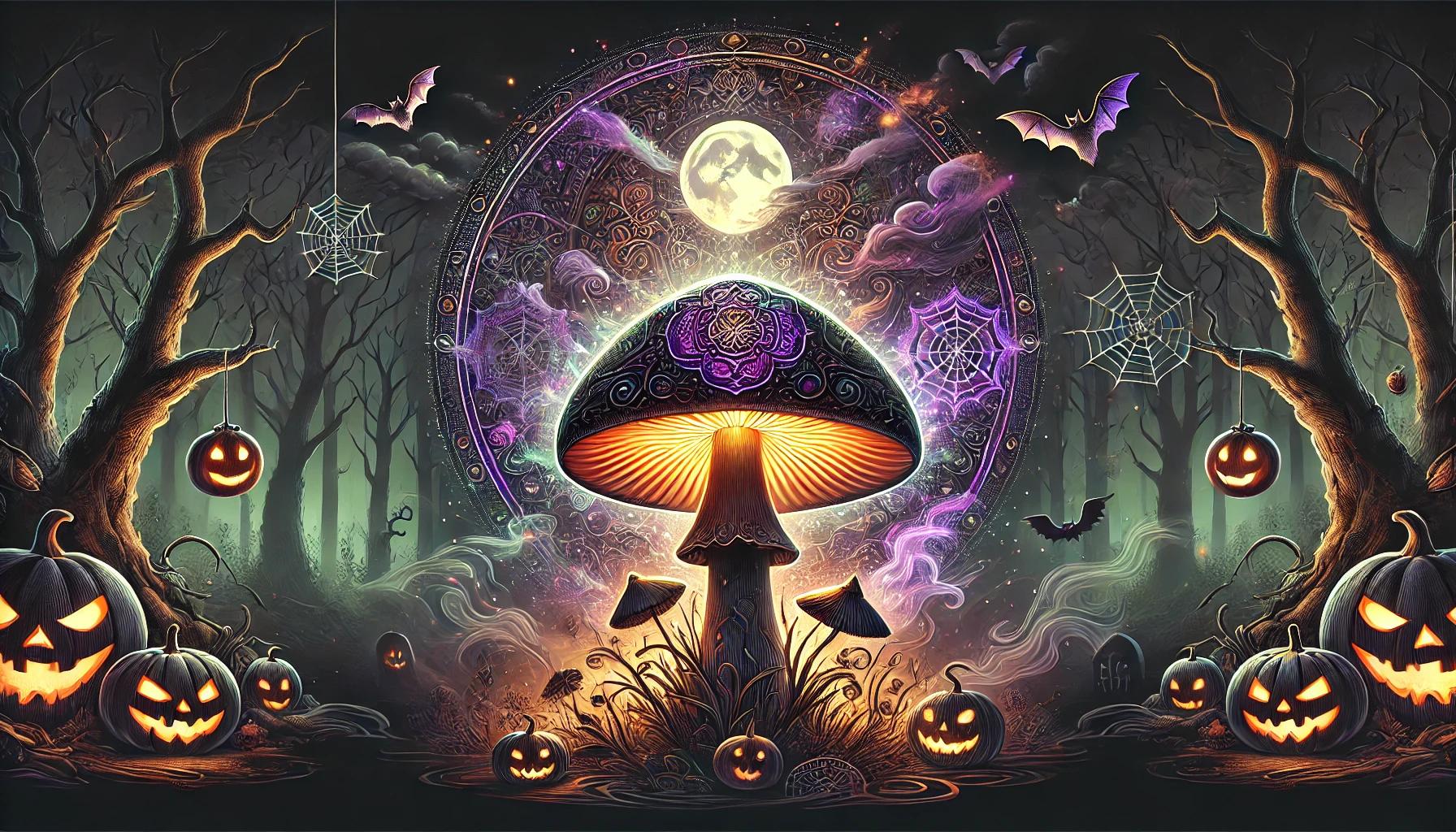
Almost everyone loves music. It does something to you. Some call it a universal language, others a gateway to the soul. Music is a way to express ourselves; we can tell a story with it. Music touches us and thus affects our emotions. But what exactly is it that music does to us? In this blog, we dive into the mystery of music and what influence it has on our emotions.
For many people, music is important. We look for a song that suits our mood, or that makes us happy or moves us. Music can connect us in a way that language cannot always do. Maybe you know that feeling too, when you meet someone who loves the same music as yourself. Then you already have a bond right away. But why is it that music touches us in this way, affects our emotions? What elements are involved?
To answer this, we need to take a closer look at our emotions. The word emotion comes from emovere, which means to move. And we can also be “moved” by music. If we want to describe this inner movement, you can use words like joy, love and sorrow.
Looking at this phenomenon with a scientific eye, emotions are caused by chemicals, in response to a particular trigger. There are usually several seconds between hearing a few sounds, which our brains interpret as music, before an emotion is aroused. Then we become aware of it. As a result, it can affect our thoughts and behavior. Music can also trigger memories. So much is happening. It’s no wonder we often find it difficult to describe what we feel when we listen to music.

So the question is, what happens in those few seconds, when our brain hears music. It mainly has to do with our brain’s tendency to find structures. It tries to find meaning and order, and in doing so it creates a whole new meaning. Usually you either like music quickly or don’t like it at all. If you like music, it is because of your ability to recognize and process the underlying structure.
In addition, your brain wants to be able to predict what will happen next in the song. So whether we appreciate music also has a lot to do with our expectations. And the more we listen to music, the more we train our music memory. What we know affects what we hear. Research shows that these expectations activate the reward system in the brain. As a result, a person listening to music experiences a musical climax.
Especially when we listen to music we really love, the brain releases dopamine. And dopamine is a chemical messenger substance that makes us feel good. It is clear, then, that music and emotions are inseparable.

Language and music have similarities, but music is processed in the more primitive part of the brain. But it turns out that music actually activates many different parts of the brain, including the limbic system. This is involved in emotions, learning, memory and motivation. So memory plays into it as well when you enjoy music. When a piece of music triggers your memory, memories come back very vividly.
So enjoying music encompasses many different facets: the predictability of the piece of music, it touches you emotionally and the increase in dopamine causes physical reactions. Your body temperature goes up, your heart rate speeds up and you feel like moving. But the ultimate pleasure comes when so much dopamine is produced that it makes you tingle all over. It gives you the “chills,” or the chills.
Interestingly, these dopamine levels peak even before the special moment of the song. That’s because your brain thus loves to predict. This is a habit of the brain that has evolutionary benefits. It can help you survive, which thus provides that sense of reward.
These feelings also stimulate the motivation system. When we enjoy music, we feel good and then we want to listen to it more often. That’s actually a bit like a drug. Research also shows that music affects our brains in the same way as gambling, chocolate and sex. And so that is not so surprising.

Seeing music as a drug: given that you can get a kind of high from good music, that’s not such a crazy proposition. And for that reason, music also goes well with mind-altering drugs. Users of marijuana, LSD or magic mushrooms report feeling more creative and being able to experience music much more intensely. These drugs also enhance your senses, such as your hearing, allowing you to hear your favorite music even better or differently.
In addition, music and drugs can reinforce each other. Both affect the brain. Music stimulates the brain, you are processing complicated stimuli (rhythm, harmony, pitch). And drugs can also stimulate the brain at the same time by affecting your emotions and memory. So going to listen to music while high or tripping can have very special, inspiring and creative effects.
Are you a true music lover? Who knows what you can experience when you use a mind-altering substance when making or listening to music. Try magic mushrooms (if you are inexperienced, choose a mushroom suitable for beginners) or cannabis. Who knows, you may discover whole new dimensions in music familiar to you.
By the way, did you know that by no means everyone gets the chills from beautiful music? Only 50% of people know about this phenomenon. Research from the University of Southern California, shows that the brains of people who get the chills from music are structurally different. It also seems that people who are more open to new experiences and those with a lot of musical training are more likely to have strong emotional responses to music. Anyway, music is very important to many people. Enjoying music can contribute a lot to your well-being. Whether or not you use drugs in conjunction with music, above all, keep enjoying it.



Valid from Oct 21 to Nov 2, 2024
Use the code below at checkout to receive 10% off the entire order.

